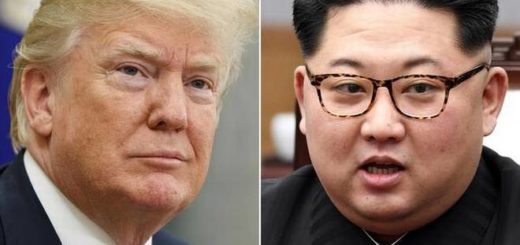A new currency swap agreement: Malaysia and China meet

Image: Deposit Photos
The financial markets in the global context have been invariably changing their trade strategies and techniques to make their home markets profitable and increase their own productions. Since the 21st century seeks more of an economic tie-up between countries which ultimately determines their position in the global market. But the new way of trading is the ‘currency swap’ where the principal amount of the loan and interest payments are paid in another currency and such agreements are taken up the countries to get their way past ‘exchange control.’ A new bilateral agreement was signed between China and Malaysia on the visit of Malaysian Prime Minister Mahathir Mohamad to Beijing on Monday. The currency swap agreement was renewed and this sort of mechanism had been followed by the two countries since 2009. The new agreement will be swapping an amount of 180 Billion Yuan or 110 billion Malaysian ringgit which is approximately $26 billion dollars. The Bank Negara Malaysia (BNM) and the People’s Bank of China gave reports as to how this new undertaking would further help in bilateral trade in terms promoting local currencies and new ventures for foreign direct investments for China and Malaysia, during the course of the next three years.
China has emerged as one of the biggest traders with Malaysia and the recent developments after the meeting in Beijing is another indirect way of accelerating economic tie-up in the South East Asia region. The agreement, in general, will provide liquidity to the financial markets of both the economies and in the latest interview from Beijing, the country is willing to import more of Malaysian goods, in particular, palm oil. Apart from the currency swap, Mahathir and Xi Jinping discussed reform which could actually be beneficial to the Malaysian economy in terms of its ‘fiscal problems’ and hopes that the Chinese government sympathises with their situation, rather than imposing a Chinese prospect at solving these problems. Mahathir also mentioned that he cannot allow ‘unfair’ infrastructures in the name of development and economic progress.
*Arijita Sinha Roy is a Research Intern at The Kootneeti


















